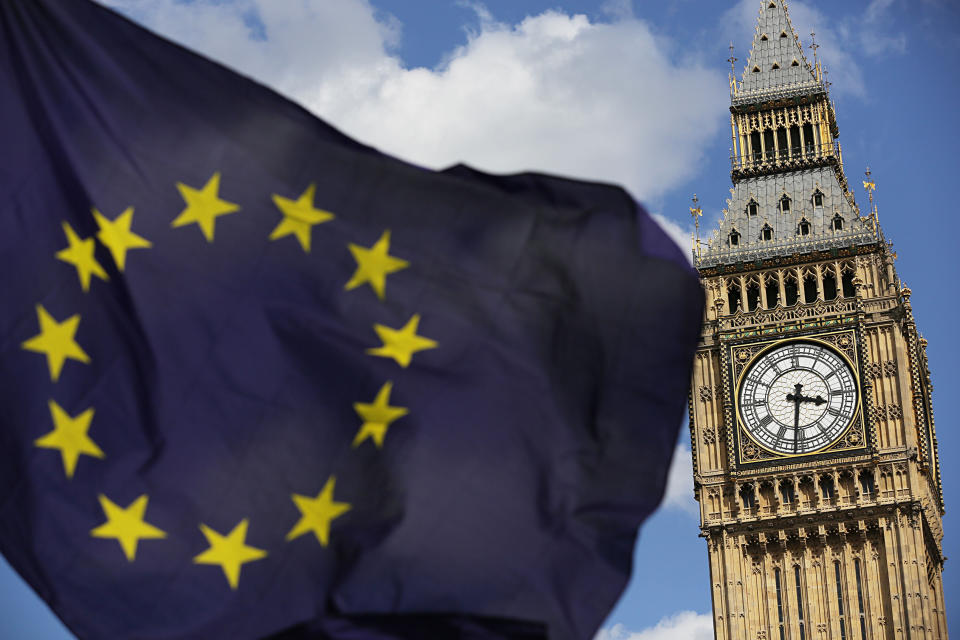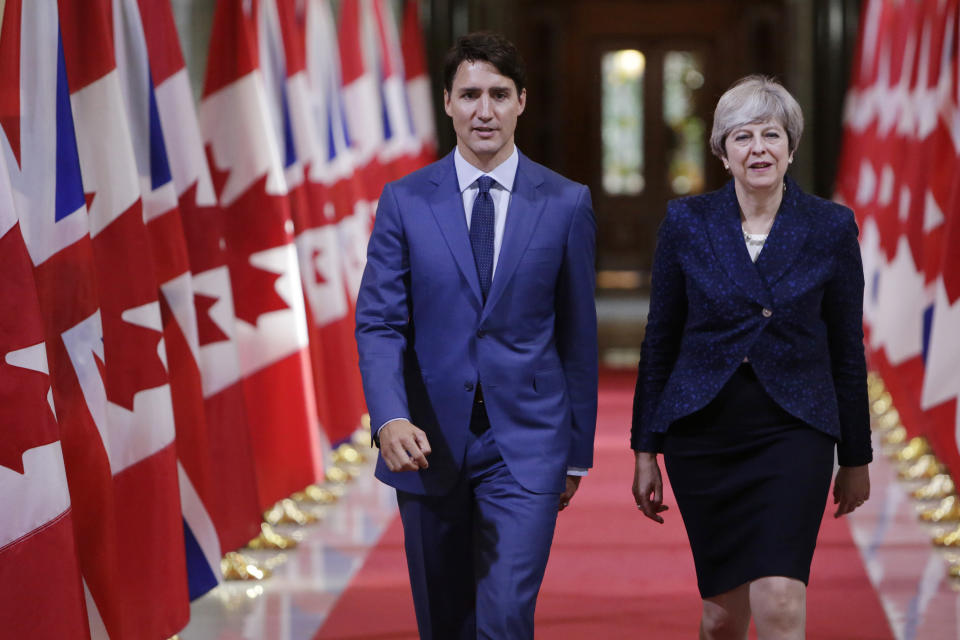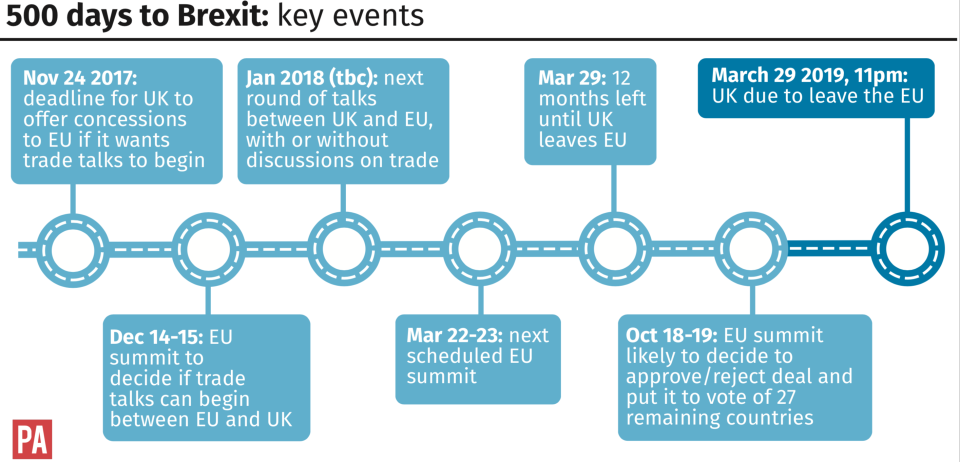How to solve Brexit's biggest issue - the free movement of workers

The Brexit negotiations continue, with the divorce bill and the Ireland border still unresolved and the issue of trade still causing regular paroxysms. And yet the hardest negotiation issue between the UK and the EU is still to come.
The free movement of workers, the most sensitive issue in the referendum, is for the EU one of four inseparable ‘four freedoms’.
Any limit to free movement from the UK will be matched by proportional limits to access to the EU service market – it isn’t just EU ideology, but also good sense: provision of services across borders requires the movement of people.
So, if the UK government is to deliver on ‘migration control’, it has to be smart: opt for controls that maximise effectiveness and minimise costs.
Read more from Yahoo Finance UK
Brexit: The academic subjects most threatened by Britain leaving the EU revealed
One in five EU doctors make plans to leave NHS because of withdrawal
Supermarket prices are rising at the fastest rate in 4 years as Brexit hits shoppers hard
Most Brits now think Brexit was a mistake, European Parliament president Antonio Tajani says
It could imitate much-admired Canada, which has a points system and work permits, but no access to the EU service market.

But the UK government has quickly shelved the points system idea as not fit for the UK situation.
Temporary work permits for medium and low-skilled workers, which tie workers to their employers, were used widely by Canada between 2002 and 2012, but caused problems and tensions.
They make workers dependent on the permit obtained by their employer, and are therefore vulnerable to exploitation. A series of abuse scandals in the early part of the decade led the then Canadian Conservative Government to tighten work permits drastically.
This caused disruptions to business while not solving any of the problems.
The Government lost the election and the new Liberal one is overseeing the offer of more permanent permits, and the introduction of more labour market regulation at provincial level.
Or the UK could imitate some Swiss and Norwegian solutions. These countries accept free movement but, being outside the EU there are some caveats.
In Norway’s case there is the option of an ‘emergency brake’ or, in Switzerland’s deal, of renegotiating free movement.

Despite having much more higher levels of EU immigration than the UK, Norway and Switzerland have never introduced caps.
Instead, they have opted for binding collective agreements and minimum sectoral standards for all workers, extensive labour market inspections, compulsory ID cards in sectors such as construction and cleaning, plus joint employer liability across the supply chain.
This effectively limits foreign worker exploitation, reduces unfair competition and prevents bogus self-employment.
Switzerland also recently introduced a resident worker test, whereby jobs must be offered first to locally-registered unemployed, and only then to applicants from abroad.
As a result, in Norway only 6-7% of the population oppose free movement, while a majority of Swiss voted in 2009 to open free movement to Romanians and Bulgarians, and, despite voting for quotas on EU migrants in another referendum in 2014, are now satisfied with the ‘resident worker test’ instead.
In both countries, employers are gradually moving away from foreign recruitment and low-pay strategies.
The experience of these three countries shows that ‘quantitative’ controls – tariff-like measures such as quotas and caps – limit trade, don’t protect workers and don’t reassure the population.
While ‘qualitative controls’ – regulations dictating how foreign workers can be employed – combined with an ‘emergency brake’, maximise trade opportunities, respond to genuine employer needs, protect social standards and reassure the population.
Considering that immigration from the EU to the UK is falling quickly anyway – because of economic convergence and demographic decline in Central Eastern Europe – the smart choice should be self-evident.
Guglielmo Meardi is Professor of Industrial Relations and Director of the Industrial Relations Research Unit at Warwick Business School. He is author of Social Failures of EU Enlargement, A Canadian Immigration Model for Europe? and What Does Migration Control Mean?

 Yahoo Finance
Yahoo Finance 
